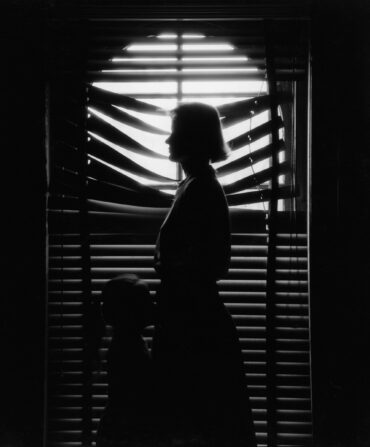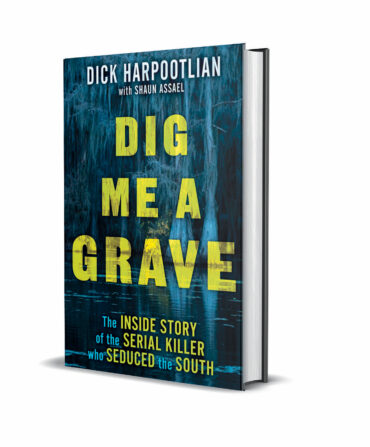Think of Wilmington, North Carolina, and extreme violence, depravity, and profanity aren’t the first things that come to mind. But the sleepy colonial port provided the setting for exactly that when film director David Lynch arrived to shoot his surreal cult classic, Blue Velvet, released on this day in 1986.

Prior to the Blue Velvet crew coming to town, Wilmington had little film industry to speak of. The city got its Hollywood break when veteran movie producer Dino De Laurentiis was hunting for a location to shoot another film, 1984’s Firestarter, and landed on Orton Plantation, an antebellum pile on the banks of the Cape Fear River. The Italian filmmaker, who had hundreds of films under his belt, was also scouting spots for a new, U.S.-based studio he wanted to build. He liked what he saw in Wilmington.
“He fell in the love with the community, and decided this was the type of place he’d like to grow his company,” says Johnny Griffin, director of the Wilmington Regional Film Commission. “One of the first films he brought to his new studio was Lynch’s.”
Set in a fictional town called Lumberton (though there actually is a Lumberton, North Carolina, about eighty miles west of Wilmington), Blue Velvet explored the darkness that can lurk beneath the shiny veneer of a small town. The film stars Dennis Hopper as drug-huffing criminal psychopath Frank Booth, who kidnaps and tortures the husband of mysterious nightclub singer Dorothy Vallens (Isabella Rossellini). Kyle MacLachlan and Laura Dern are a young couple caught up in Booth’s extortion scheme.
Lynch shot in locations all around Wilmington: the Carolina Apartments on the corner of Fifth and Market streets; the Barbary Coast Lounge, one of a few dingy bars visited throughout the film; a wooded field across the street from Snipes Elementary School, the location where the severed ear that sets the plot in motion is found.
Griffin worked in craft services on the film, making sure the sets were as Lynch and his team needed them, and that the cast and crew were as comfortable as possible during long shooting hours. Surprisingly, he says, neither the film’s content nor David Lynch’s eccentricity made a negative splash in town.
“Everything was pretty much smooth sailing, so far as the shooting went,” Griffin says. “It was that time when the film industry was new here and exciting.”
Of course, the wider public reception to Blue Velvet was more polarizing. Upon the film’s release, legendary reviewing duo Gene Siskel and Roger Ebert wrote diametrically opposed pieces for The Chicago Tribune, with Siskel hailing Lynch’s work as “one powerful, mesmerizing thriller” and “a masterful exercise in controlling an audience’s attention” while Ebert described it with phrases like “marred by sophomoric satire” and “all part of a campy in-joke.”
Needless to say, Blue Velvet is not for everyone, but it lives on in the pantheon of cult films—and in Southern pop-culture history.








